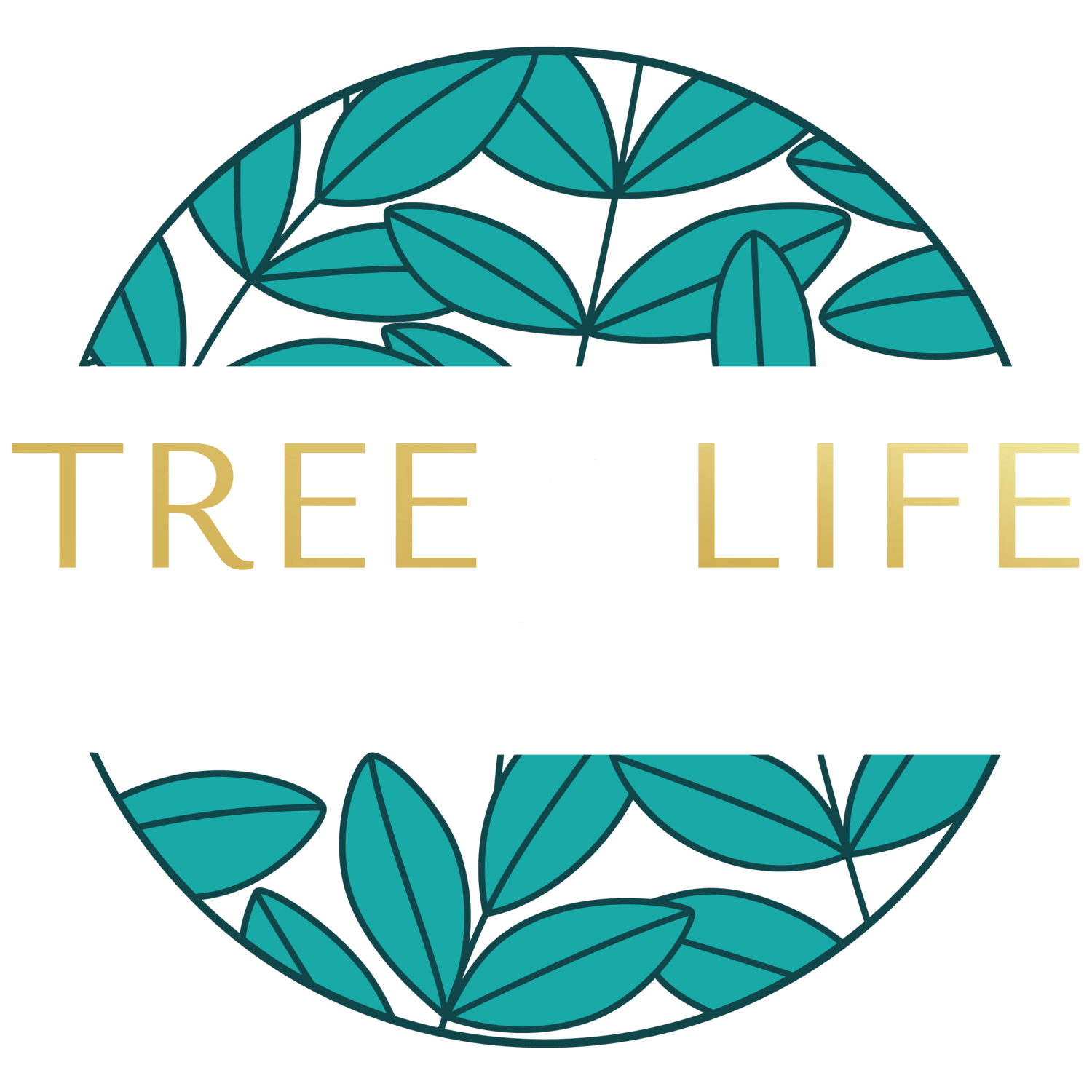𝐁𝐥𝐢𝐧𝐝𝐧𝐞𝐬𝐬 𝐀𝐰𝐚𝐫𝐞𝐧𝐞𝐬𝐬 𝐌𝐨𝐧𝐭𝐡
Blindness Awareness Month. Blindness Awareness Month was founded in 2009 with the intention of achieving three key goals: education, inspiration, and advocacy.
Mental health impact: Individuals with visual impairments often face mental health challenges, including isolation and anxiety. It's essential that we as a community promote mental health resources and foster community connections to combat these issues.
Mental health statistics for the blind and visually impaired: The National Institute of Blind People found that over 70% of people with sight loss experience mental health problems, with nearly 50% experiencing increased anxiety or depression. There are higher rates of depression and anxiety within this population. Approximately 30–40% of individuals with visual impairments experience clinical depression, compared to 5–10% of the general population. Around 20–25% may experience anxiety disorders. According to WHO, there’s increased loneliness, with about 50% reporting chronic loneliness that significantly impacts their mental health.
Increased suicide rates: The suicide rate among individuals with severe disabilities, including visual impairment, can be three to four times higher than the general population. One study found through the National Federation of the Blind that 50% of respondents have experienced depression, with 50% seeking out mental health treatment specifically related to their visual impairment.
Let us be clear: being blind or having visual impairments does not mean that you have mental health concerns. There are contributing factors that we as a community can combat. These include:
Social isolation: Limited interactions leading to feelings of loneliness.
Access barriers: Difficulties in accessing tailored mental health services.
Stigma: Societal stigma that can negatively impact self-esteem and adjustment.
Challenges: Coping with vision loss can result in grief, anxiety, and so many other feelings.
Something that we as a community can do is combat ableism. Ableism refers to discrimination against individuals with disabilities, including those with visual impairments.
Key aspects of combating these behaviors include:
Challenging stereotypes — harmful beliefs that devalue people with disabilities.
Challenging concepts of exclusion.
Advocating for inclusion in our social, educational, and professional settings.
Removing barriers to advocacy through education and awareness.
As a reminder, Blindness Awareness Month is a reminder of the ongoing struggles for equity for those with visual impairments. By raising awareness, combating ableism, and advocating for social justice, we can create more inclusive societies where everyone has the opportunity to thrive. Let’s commit to making a difference this October and beyond.
Resources where you can learn more:
World Health Organization
National Federation of the Blind (NFB)
Royal National Institute of Blind People (RNIB)
Disability and Rehabilitation Journal
National Council of the Blind
Centers for Disease Control and Prevention (CDC)
Additionally, we encourage you to find social justice and liberation-minded organizations. You can do so at:
treeoflifecounselingcenter.org
inclusivetherapist.com
CHO/CHX Liberation Psychology
Keep an eye out for additional information regarding ableism and other oppressive concepts that harm our communities. Not only will we provide information and education, but we will also give you clear and identifiable ways in which you can combat these oppressive concepts within our communities, that can lead to collective liberation for us all.

